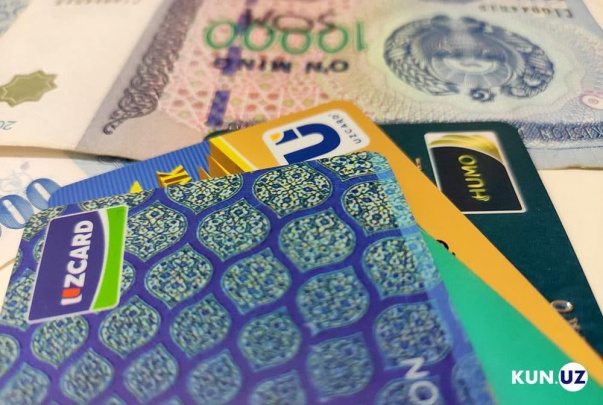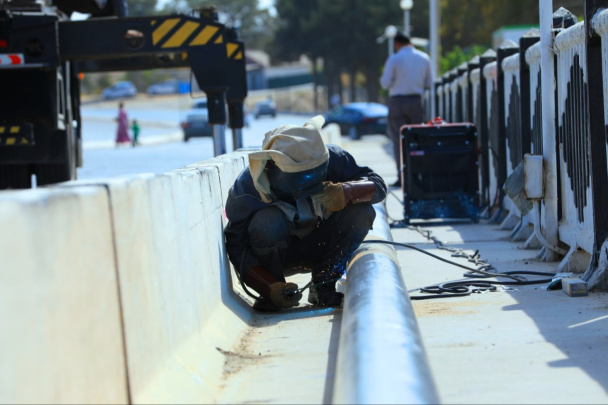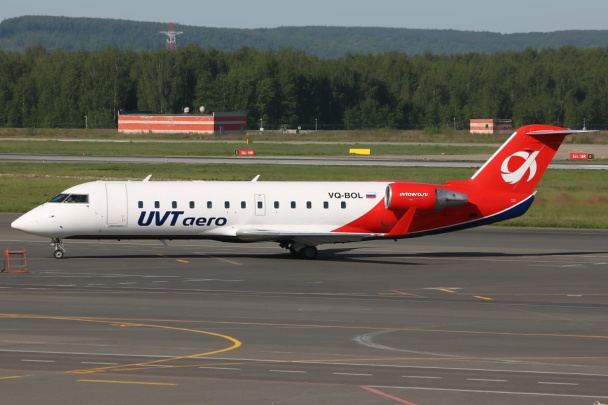Under the new law, railway carriers will have the right to set transportation prices freely, following established pricing rules. However, state-regulated tariffs will still apply to certain categories, including passenger transportation (except for express and high-speed trains), as well as access to shared infrastructure and locomotives. Losses incurred from passenger transportation under regulated tariffs will be compensated by the state budget.
While discounts on domestic cargo transportation are not permitted, cross-border transport discounts will be determined through international agreements. Although the draft version proposed granting the Cabinet of Ministers the authority to provide discounts for specific cargo types, this provision was not included in the final law.
The law introduces mechanisms for financing construction, reconstruction, and modernization of railway infrastructure. Alongside the resources of Uzbekistan Railways, government funds, and international loans, private investments from individuals and legal entities can now be utilized under public-private partnership (PPP) agreements.
Existing railway infrastructure may also be transferred to private management under PPP terms. Private partners can lease, own, or use railway assets for the duration of the partnership agreement or concession.
Owners of non-public railway tracks can provide paid services such as wagon parking, loading and unloading, and cargo handling, with fees regulated by competition laws.
The law also revises the statute of limitations for contractual disputes:
• Cargo and postal/courier services: 1 year.
• Passenger and baggage services: 6 months.
• Non-contractual cargo claims: 2 months.
Set to take effect on January 1, 2025, most provisions will be implemented by May 29, 2025 — six months after its official publication — except for rules on loss compensation and tariff discounts, which will come into force immediately






